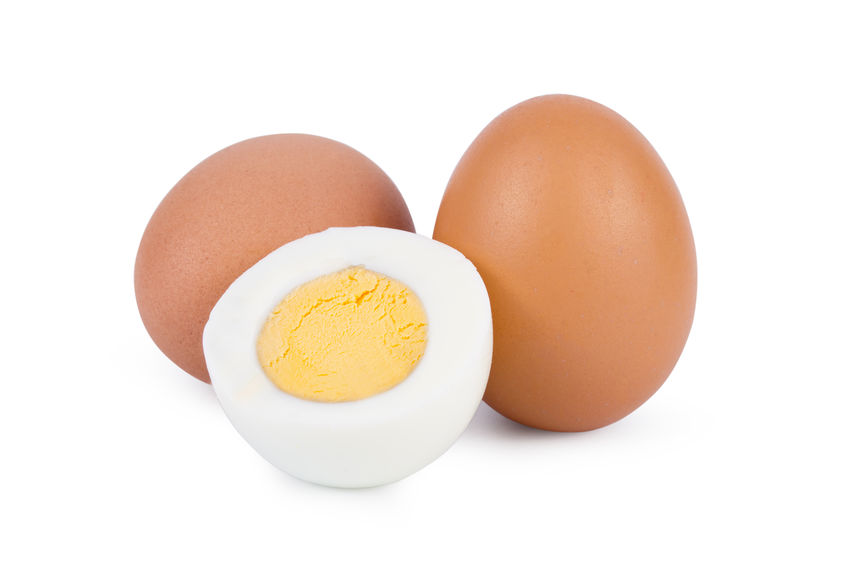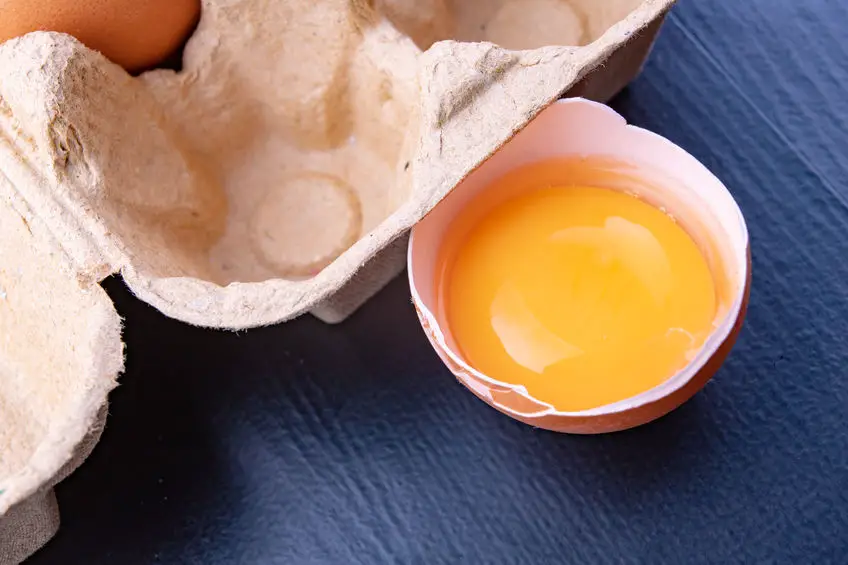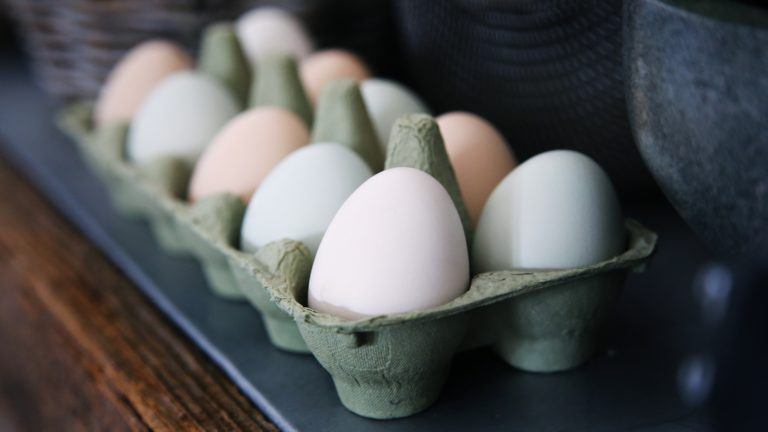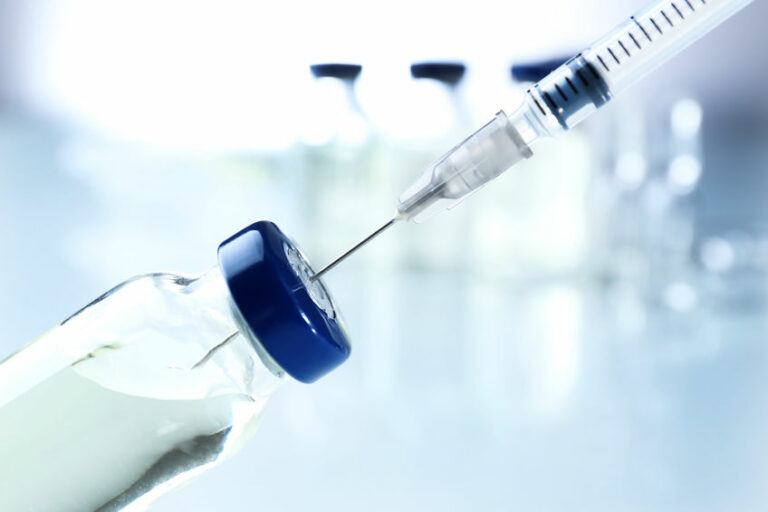Are Pasteurized Eggs More Beneficial?
We are proud of our fresh eggs straight from the coop. But what if we were to tell you that those coveted eggs might be hiding something dangerous? Egg pasteurization can be a double dirty word for those of us who firmly believe in not washing or cleaning our collected eggs.
After reading this, you may change your mind. We’ll ultimately answer the question, ‘are pasteurized eggs more beneficial?’

What Is Pasteurization?
Pasteurization has been around for a very long time. In fact, it was developed way back in 1864 by Louis Pasteur, who was a man filling both the role of a chemist and a microbiologist.
He figured out a way to eradicate bacteria and viruses present in both milk and eggs. By exposing eggs to the precise temperature for a precise amount of time, eggs became safe to handle.
The process has not changed much since the days of Pasteur, but the scale of pasteurization has exploded. Pasteurization of what was a few eggs have now gone to processing thousands of eggs at one time. This is all accomplished through a warm water bath.
Researchers have explored various other methods of trying to pasteurize eggs, such as irradiation, radiofrequency, hot air, steam, microwaving, and more.
Each of these methods affected the integrity of the egg and the quality of the egg once cooked. However, the USDA deemed the water bath method as the most effective method.
USDA Egg Pasteurization Process
Eggs are placed into a massive water bath that is precisely regulated to a certain temperature. They will remain in the water bath for a period of time; this is known as the “holding time.”
Once the holding time is over, the eggs are lifted up and out of the water bath, where they are then taken to be packaged.
Why Do Eggs Need To Be Pasteurized?
If you think about it, an egg gets laid in a rather unhealthy environment where the excrement of the hen lays within the nesting box. Bacteria is a given inside nesting boxes because of the foul conditions. More on cleaning eggs can be found here.
Now when a chicken lays the egg, a protective coating covers the shell to protect it. If that coating is compromised in any way, bacteria finds its way into the egg through the pores of the shell.
Next thing you know, the yolk and albumen are contaminated. If that weren’t bad enough, a hen could pass bacteria to the forming egg inside of her. This bacteria is known as Salmonella Enteritidis and is commonly found in eggs.
For those of you who love raw cookie dough or drinking raw egg yolks, consider the fact that bacteria hide in raw eggs and on eggshells. Store-bought eggs are pasteurized; however, pasteurization is 99% effective, leaving that 1% chance of bacteria still present.
If you make your cookie dough with fresh eggs straight from the coop, you most definitely do not want to grab a spoonful of raw cookie dough to eat!
Like this post? Pin it
Food-Borne Illnesses Hiding In Eggs
When collecting eggs from the coop, remember that even the cleanest egg-free from fecal matter or feathers most likely has Salmonella.
Gathering eggs, taking them in, and placing them on your kitchen counter has spread the bacteria. Anything coming into contact with the egg has now become contaminated, including your hands.
Salmonella is responsible for killing 420 people a year here in the U.S. The symptoms from this bacteria are extremely unpleasant (diarrhea, fever, abdominal pain.) Salmonella isn’t limited to eggs only but is also found in some vegetables, chicken/pork meat, fruits, and more.
It’s spread from animals to people, and people to people through contaminated surfaces, coming into contact with fecal matter (toilets, diapers,) and through drinks and food.

The Benefits Of Pasteurized Eggs
Having peace of mind knowing you and your family are protected from bacteria and viruses in or on eggs is a great benefit. Pasteurization is a safety measure that is intended to prevent food poisoning.
Added benefits of pasteurized eggs include being able to make those recipes that do call for raw eggs, such as homemade ice cream, hollandaise sauce, and Caesar salad. For those of us who like our eggs over easy or sunny-side up, pasteurized eggs are a must.
As Easter rolls around and we break out the eggs for our children to dye in various colors, knowing they are handling eggs that are safe is yet another benefit.
Having Safe Fresh Eggs
You can take steps to ensure those fresh eggs from the coop are clean and safe to handle and eat.
- Safe handling is key to gathering fresh eggs and keeping your kitchen, self, and family free from nasty bacteria.
- Always wash your hands after handling eggs.
- Place freshly gathered eggs on paper towels or in a carton and prevent them from coming into contact with surfaces.
- The best measure is to pasteurize the eggs yourself and keep them in the refrigerator. Never allow eggs to sit at room temperature.
- Never consume raw eggs or any foods containing raw eggs.
- When cooking your eggs, ensure they are thoroughly cooked.
How To Pasteurize Your Fresh Eggs
Things You’ll Need
- A wire colander
- Large pot
- Water
- Fresh Eggs
- Place your fresh eggs in the wire colander.
- Wash your hands.
- Heat a large pot of water until it reaches 203 degrees (F.)
- Slowly lower the colander of eggs down into the pot of hot water.
- Allow the eggs to sit for 10 seconds.
- Lift the colander of eggs out.
- Place the eggs on a towel to dry.
- Refrigerate the eggs.
Storage And Usage Of Your Pasteurized Fresh Eggs
Hard-boiled eggs can be safely stored in the refrigerator (shell on or shelled) for one week.
Prepared/cooked food dishes containing eggs should be consumed within 3-4 days. Dishes containing eggs should never be left unrefrigerated for more than an hour.
The Last “Cluck”
For those of us who go “old school” in collecting our fresh eggs and not washing them or pasteurizing them, it might be time to reconsider. The last thing we want is to be hugging the “porcelain throne” with a nasty case of food poisoning!







